Over the past few months, the Elementary School (ES) Wellness Team at Presidio Knolls School (PKS)—consisting of Kayla Story and Missy Silvers—has been visiting second-grade classrooms to lead lessons and hands-on activities designed to help students explore neurodiversity. These sessions highlight how our brains are uniquely wired and how these differences contribute to a diverse, inclusive, and supportive learning community.
Metabolizing Trauma
The Role of Homework in Learning: The Elementary Perspective
One of our goals at PKS is to instill a love of learning in our students and for them to be curious, connected, and engaged with the world. We nurture these characteristics in the classroom through authentic learning experiences, and encourage it after school by limiting the amount of homework, thereby allowing for more unstructured time to pursue passions and interests.
What Authentic Learning Looks like in the Classroom
One of the greatest joys and challenges of teaching in a progressive school is the ever evolving curriculum. Although the topics for the Units of Exploration are set, the course of study each year is driven by the ideas and questions of each year’s unique group of students; based on their interests we rethink and reshape the projects to provide meaningful, authentic learning experiences.
Back to School Transitions
The new year always brings a lot of changes, but this year is particularly momentous with our dramatic unveiling of the new U-Wing and all the new routines that accompany a rapidly growing community. Each child has his/her own way of metabolizing change, and we can make use of these back-to-school teachable moments to plant the seeds of resilience in them.
Re-envisioning the Elementary Specialist Programs
A key area of focus this year has been on re-envisioning the specialist programs going forward, and more specifically, how to more intentionally attend to the whole child and create opportunities for students to engage deeply, fully, and frequently with the sciences, arts, and holistic wellness practices.
Thinking Outside our Classrooms: A Day of Peer Learning
One of our main goals at PKS is to foster a lifelong passion for learning and exploration, not only among our students but also among our parents, faculty, and staff. A few weeks ago, however, the pedagogical team wanted to try something innovative and engaging to provide our faculty and staff with a different type of professional development (PD) opportunity; something we call “Pinterest Live” or “Old School Pinterest.”
The Children are Watching
A word, as a dad and an administrator, on the Kavanaugh story
As many of you know, I have a P3 student here at PKS, and a 2 year old son whom I hope will join us when he is old enough. Both kids were in the car with me on Thursday morning as I tuned in to the Judiciary Committee hearings in which Dr. Christine Blasey Ford courageously told her story. I found myself feeling confused, and a bit helpless, as I tried to balance my civic impulses and my fatherly impulses.
Building the Future of Bilingual Education
Almost ten years ago, I wrote an article titled "Academic Rigor and Student Engagement: A Perfect Match." While many feared that they would need to sacrifice student engagement in the service of academic rigor, I argued strongly that academic rigor could ONLY genuinely come together with student engagement, and that truly rigorous learning at its core needed to be about exploration, discovery, creativity, inquiry, and pattern recognition.
PKS Families Share in Service Learning Through Community Service
A Year of Service Learning
Teachers weave in opportunities to integrate service learning into the units of exploration that they develop with their students. For example, as a part of the first grade’s work learning about habitats, they partnered with the San Francisco Parks and Rec department to work on a habitat restoration project in Golden Gate Park. Learning matters more when we get to apply and extend our knowledge and have a positive impact on our community.
Teacher Profile (Mei Ying Tzeng)
There is no instruction manual on how to teach children. Children don’t need to follow anyone to explore the world. Instead, we focus on children’s learning processes and experiences, not on pushing children to remember all the academic material. Teachers and children observe, find questions, search for the result and solve issues together; building knowledge and gaining new experiences while learning from each other.



